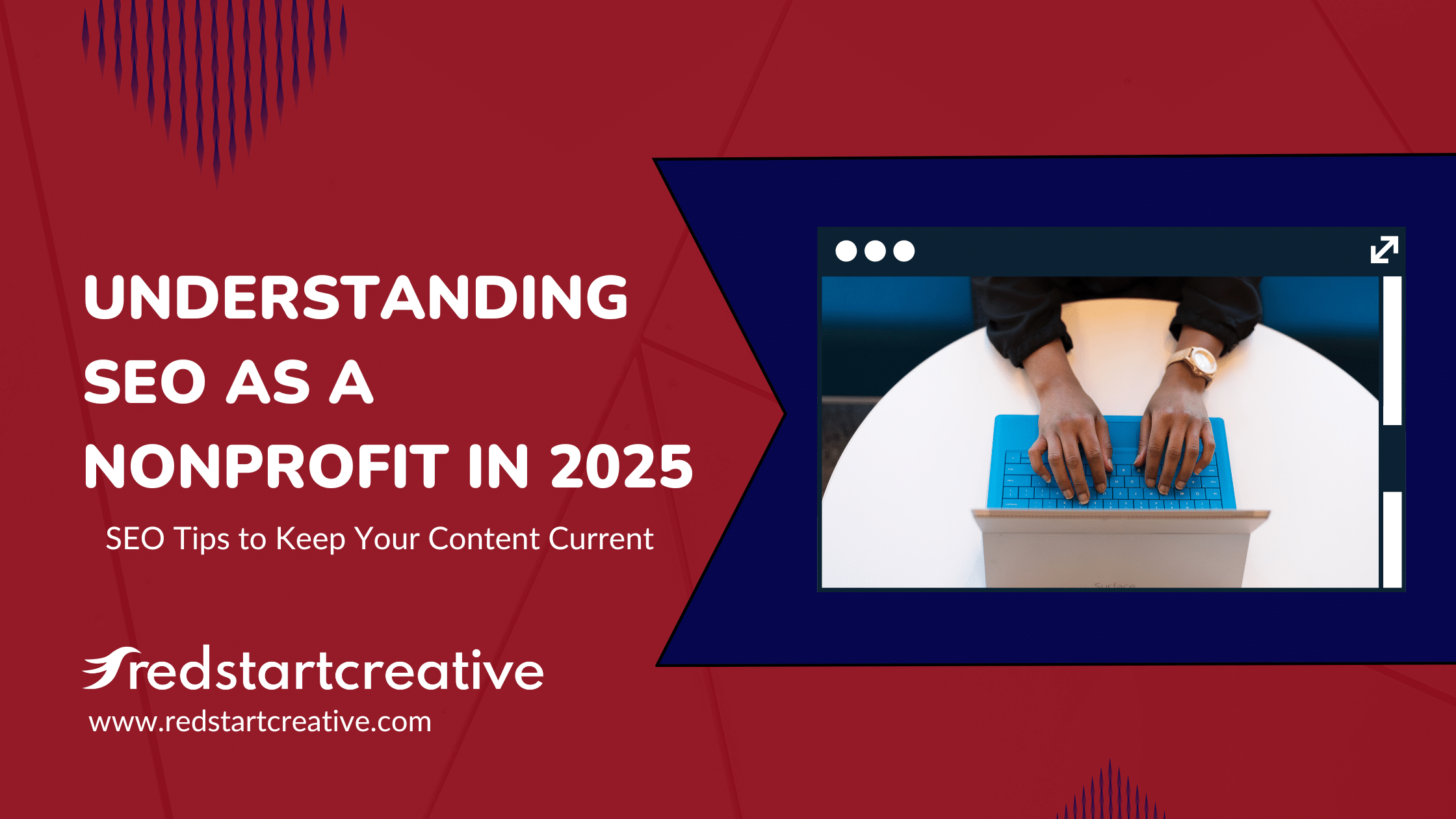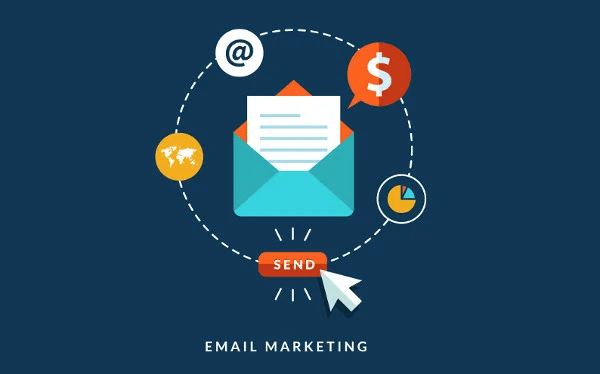As a non-profit organization, you may not think SEO (Search Engine Optimization) is an essential part of your digital marketing strategy—but that would be a mistake! If your organization isn’t showing up in search results, potential supporters may not even know you exist. A strong SEO strategy helps your nonprofit reach a wider audience, increase awareness, and connect with the right people online.
What Is SEO?
SEO stands for Search Engine Optimization, the practice of making your website more visible to search engines like Google. The goal is to ensure your content appears in relevant searches, connecting your nonprofit with individuals actively looking for the causes, resources, and services you provide.
Google prioritizes helpful, people-first content and well-structured websites. Key SEO strategies include:
✔ Using relevant keywords your audience is searching for
✔ Ensuring your website is mobile-friendly and easy to navigate
✔ Optimizing content with structured data and SEO tags
✔ Creating high-quality, informative content
For example, a non-profit organization focused on environmental conservation may target keywords like “local tree-planting programs” or “eco-friendly volunteer opportunities” to attract the right audience.
Why SEO Is Essential for Non-Profit Organizations
When people search for causes they care about, you want your organization to be one of the first results they see. Without SEO, your website might not rank on Google, making it difficult for potential supporters, donors, and volunteers to find you.
A well-optimized site helps your nonprofit:
🔹 Increase awareness and website traffic
🔹 Reach new donors, volunteers, and advocates
🔹 Improve credibility and trust with a professional, accessible website
🔹 Gain a competitive edge over similar organizations
Finding the Right SEO Keywords for Your Non-Profit
The foundation of good SEO is understanding what your audience is searching for. To do this, conduct keyword research using tools like:
✅ Google Keyword Planner – Free tool to discover relevant keywords and search volume
✅ Ubersuggest – Helps find keyword ideas and competition levels
✅ AnswerThePublic – Shows common questions related to your cause
When researching, focus on high-intent keywords—the phrases people type when they’re actively looking for help, resources, or ways to get involved.
How AI Is Transforming SEO and Digital Marketing
Artificial Intelligence (AI) has revolutionized how search engines understand and rank content. In 2025, AI-powered search engines use Natural Language Processing (NLP) to prioritize content that:
✔ Is written in a conversational, engaging tone
✔ Uses clear, structured information
✔ Incorporates real-world examples and anecdotes
Additionally, AI favors structured data, meaning your website should have SEO-friendly tags, headings, and descriptions to help search engines analyze your content. This optimization increases your chances of qualifying for Google’s rich results—enhanced search listings that appear above standard results and include images, ratings, and additional information.
Website Optimization: How to Rank Higher in Search Engines
SEO isn’t just about keywords—it also depends on how well your site is built and maintained. Here are a few key factors that impact SEO performance:
1. Mobile-Friendliness Is Essential
Google follows a mobile-first indexing policy, meaning it prioritizes mobile-friendly websites in search rankings. As of 2023:
📱 40 billion users access Google via mobile devices monthly (Semrush)
📱 54% of consumers use their phones to research questions on search engines (HubSpot)
If your site isn’t mobile-friendly, you’re missing out on a massive audience.
2. Optimize Images & Use Alt Text
Search engines can’t “see” images like humans do—they rely on alt text to understand them. Adding descriptive alt text to your images helps:
✔ Improve SEO rankings by making your images searchable
✔ Qualify for Google’s rich results, which display images in search results
✔ Enhance website accessibility for visually impaired users
3. Keep Content Fresh & Relevant
Google favors websites with up-to-date, high-quality content. Regularly update your blog, services, and resources to ensure your website remains relevant.
Need Help With SEO? We’ve Got You Covered!
SEO can feel overwhelming, but you don’t have to navigate it alone. At Redstart Creative, we specialize in helping non-profit organizations grow their digital marketing presence through expert SEO, branding, and marketing strategies.
🔴 Want to improve your website’s visibility? Let’s chat! Contact us today for a consultation.



